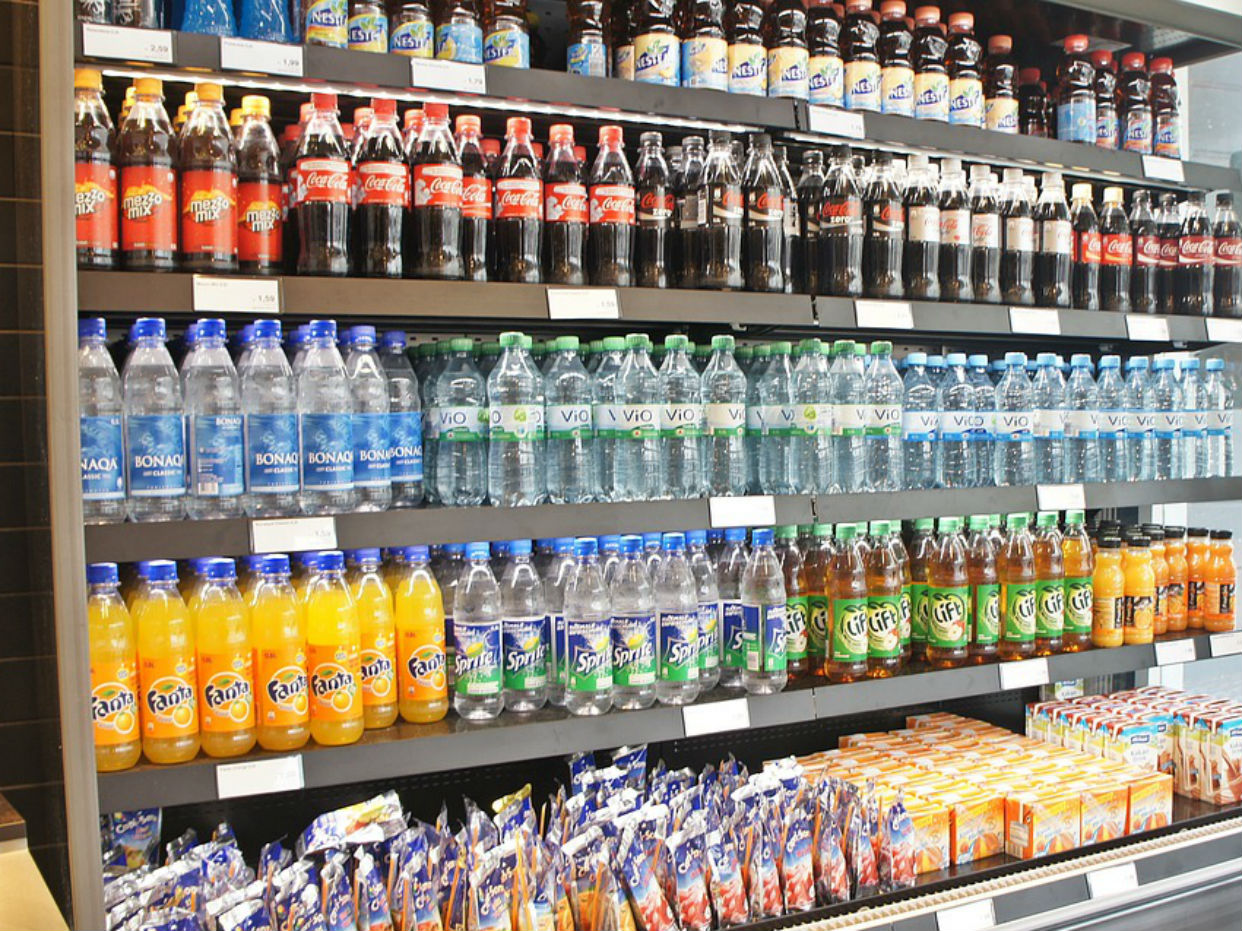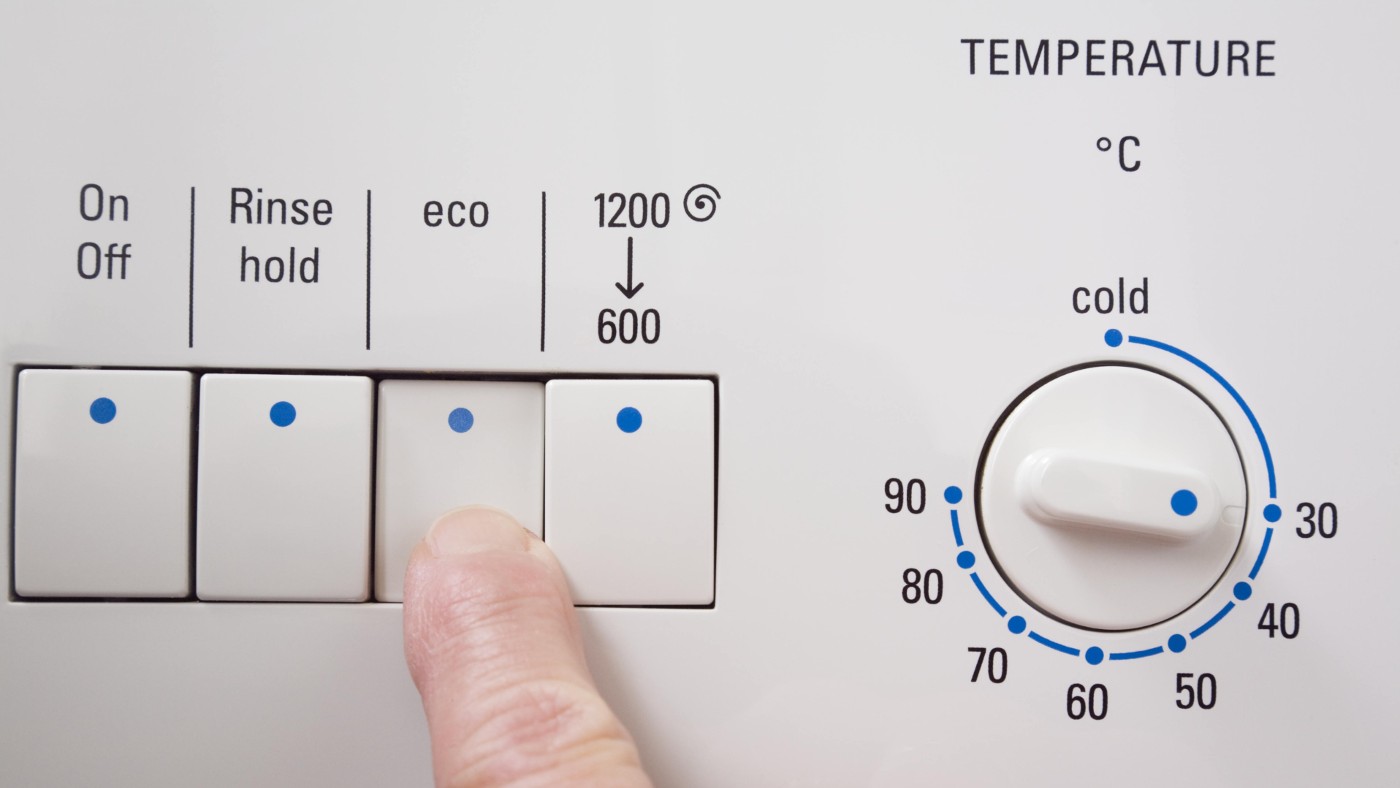Drink bottles 'only 7% recycled plastic'
Greenpeace says firms must do more, but are consumers also to blame?

A free daily email with the biggest news stories of the day – and the best features from TheWeek.com
You are now subscribed
Your newsletter sign-up was successful
Bottles used by the world's six biggest soft drink companies, including Coca Cola and Pepsi, contain less than ten per cent recycled plastic, according to a new study.
Greenpeace surveyed manufacturing practices at Coca-Cola, PepsiCo, Suntory, Danone, Dr Pepper Snapple and Nestle and although all their bottles are fully recyclable, only 6.6 per cent of the plastic they contain is made from recycled plastic.
The environmental group says the 2.16 million plastic bottles sold every year are contributing to marine pollution. Plastic waste can entangle or choke ocean-dwelling creatures such as turtles and sea birds. A recent paper showed "even marine organisms 10km (6mi) deep had ingested plastic fragments", the BBC reports.
The Week
Escape your echo chamber. Get the facts behind the news, plus analysis from multiple perspectives.

Sign up for The Week's Free Newsletters
From our morning news briefing to a weekly Good News Newsletter, get the best of The Week delivered directly to your inbox.
From our morning news briefing to a weekly Good News Newsletter, get the best of The Week delivered directly to your inbox.
Campaigner Louise Edge told Sky News: "We know that 12 million tonnes of plastic are ending up in our oceans every year.
"To give you context, that's a dumper truck of plastic going into our oceans every minute."
Greenpeace is calling on the drink companies to lead by example and set targets to increase the proportion of recycled plastic in their bottles.
The government is already considered copying a Scottish scheme which would impose a small additional charge on products in a plastic bottle, to be refunded when the empty bottle is returned to a designated recycling point.
A free daily email with the biggest news stories of the day – and the best features from TheWeek.com
In response to the findings, Pepsi, Coca Cola, Nestle and Danone have all issued statements affirming their commitment to protecting the environment and to encouraging consumers to recycle and increase their use of recovered plastics.
Gavin Partington, from the British Soft Drinks Association, told Sky consumers also had a responsibility and that it was "pretty clear" too many people were failing to dispose of their used bottles appropriately.
He added: "All PET [Polyethylene terephthalate] bottles are 100% recyclable so there's absolutely no excuse for consumers to be doing that."
-
 How the FCC’s ‘equal time’ rule works
How the FCC’s ‘equal time’ rule worksIn the Spotlight The law is at the heart of the Colbert-CBS conflict
-
 What is the endgame in the DHS shutdown?
What is the endgame in the DHS shutdown?Today’s Big Question Democrats want to rein in ICE’s immigration crackdown
-
 ‘Poor time management isn’t just an inconvenience’
‘Poor time management isn’t just an inconvenience’Instant Opinion Opinion, comment and editorials of the day
-
 Woman accidentally puts nan in washing machine
Woman accidentally puts nan in washing machineTall Tales And other stories from the stranger side of life
-
 Bangladesh dealing with worst dengue fever outbreak on record
Bangladesh dealing with worst dengue fever outbreak on recordSpeed Read
-
 Glacial outburst flooding in Juneau destroys homes
Glacial outburst flooding in Juneau destroys homesSpeed Read
-
 John Kerry in Beijing: how red China is turning green
John Kerry in Beijing: how red China is turning greenfeature Climate talks set to resume between Washington and Beijing this week
-
 Study: Nearly 62,000 people died in 2022 European heatwave
Study: Nearly 62,000 people died in 2022 European heatwaveSpeed Read
-
 Arizona limits construction in Phoenix area amid groundwater shortage
Arizona limits construction in Phoenix area amid groundwater shortageSpeed Read
-
 How bad are this year's Mississippi River floods?
How bad are this year's Mississippi River floods?Speed Read "Everybody's plan along the river has been put to the test"
-
 What is OPEC and how does it affect oil prices?
What is OPEC and how does it affect oil prices?Speed Read Everything you need to know about the influential organization and its rocky relationship with the United States